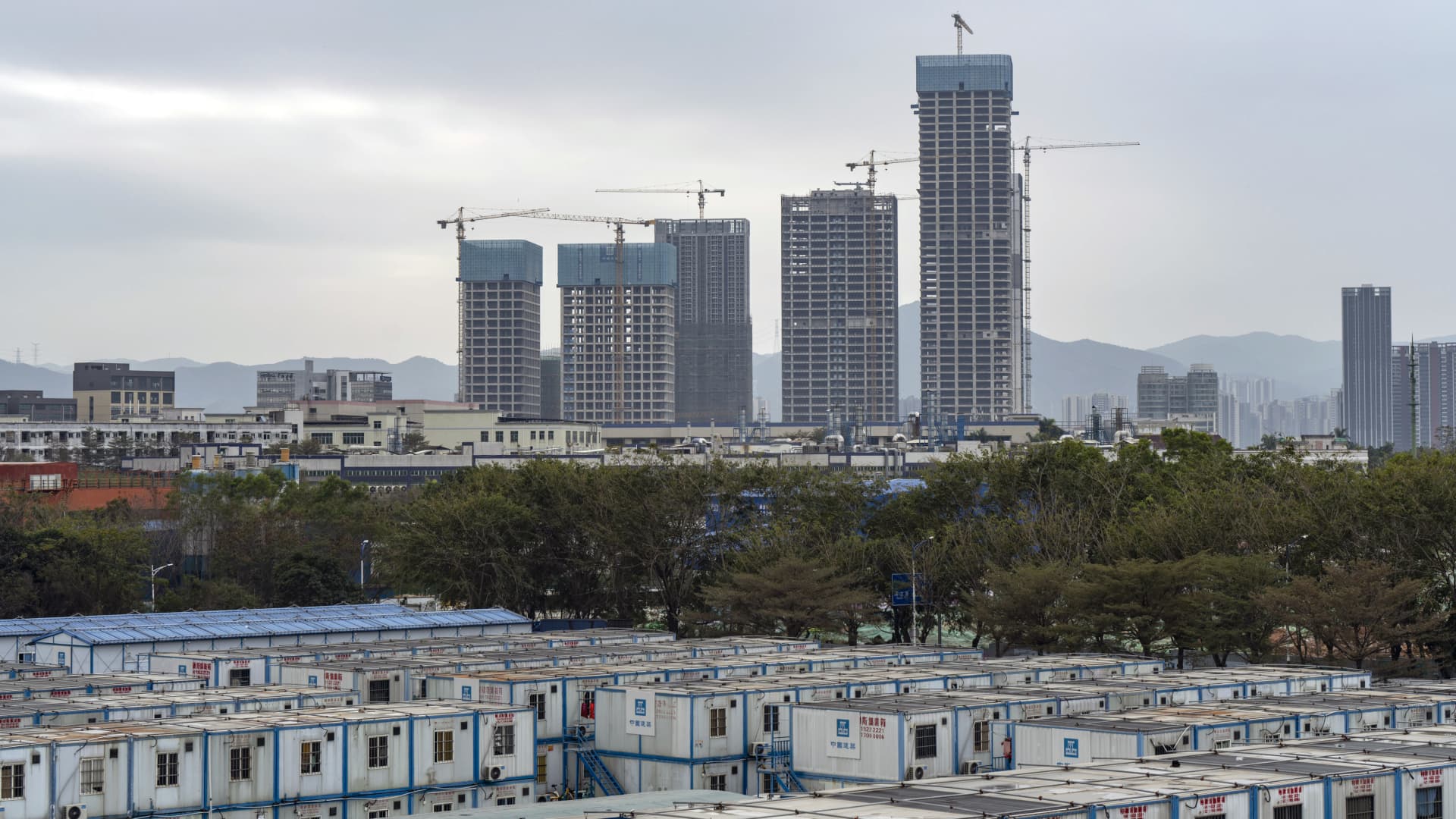Ford Motor Company’s original plan of a $3.5 billion battery plant in Michigan will see a significant scale-back following slower-than-expected consumer adoption of electric vehicles, rising labor costs, and overall cost-cutting by the company. The decision comes after the initial announcement in February, which garnered significant attention due to its partnership with Chinese battery manufacturer Contemporary Amperex Technology Co., or CATL.
Ford executives, including CEO Jim Farley and Chair Bill Ford, revealed that the plant’s production capacity will be cut by roughly 43% and employment expectations reduced from 2,500 jobs to 1,700 jobs. Despite this, the company has not disclosed the revised investment amount, although estimates suggest it would still be around $2 billion based on reduced capacity.
The move is reflective of a larger trend as automakers globally have faced lower-than-expected demand for EVs, owing to issues such as higher costs, supply chain challenges, and concerns over battery technology.
The decision is part of Ford’s broader plans to cut or delay approximately $12 billion in previously announced EV investments, with the postponement of another electric vehicle battery plant in Kentucky. Ford Chief Communications Officer Mark Truby noted that the decision reflects a thorough evaluation of all pertinent factors, and emphasizes the company’s commitment to moving forward albeit in a slightly smaller size and scope than originally planned.
Despite the setbacks, Ford remains optimistic about its EV strategy, particularly with the projected opening of the plant in 2026. The company had previously paused production of the facility during collective bargaining with the United Auto Workers, with recently ratified agreements contributing to increased labor costs.
While the current environment has raised political concerns and challenges for the company, Ford remains dedicated to its mission of sustainable business, particularly in producing new lithium iron phosphate (LFP) batteries. These batteries are anticipated to offer various benefits at a lower cost, enabling increased EV production and profit margins for the company.
In implementing these changes, Ford follows in Tesla’s footsteps, using LFP batteries to reduce the reliance on cobalt in its vehicles, ultimately aiming for a more sustainable and cost-effective approach to electric vehicle technology.

I have over 10 years of experience in the cryptocurrency industry and I have been on the list of the top authors on LinkedIn for the past 5 years. I have a wealth of knowledge to share with my readers, and my goal is to help them navigate the ever-changing world of cryptocurrencies.











